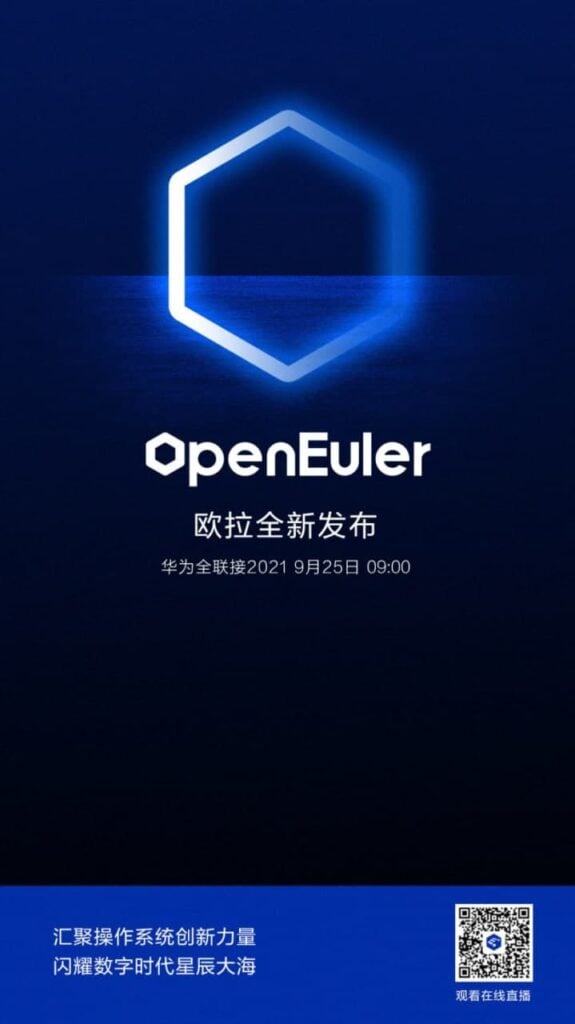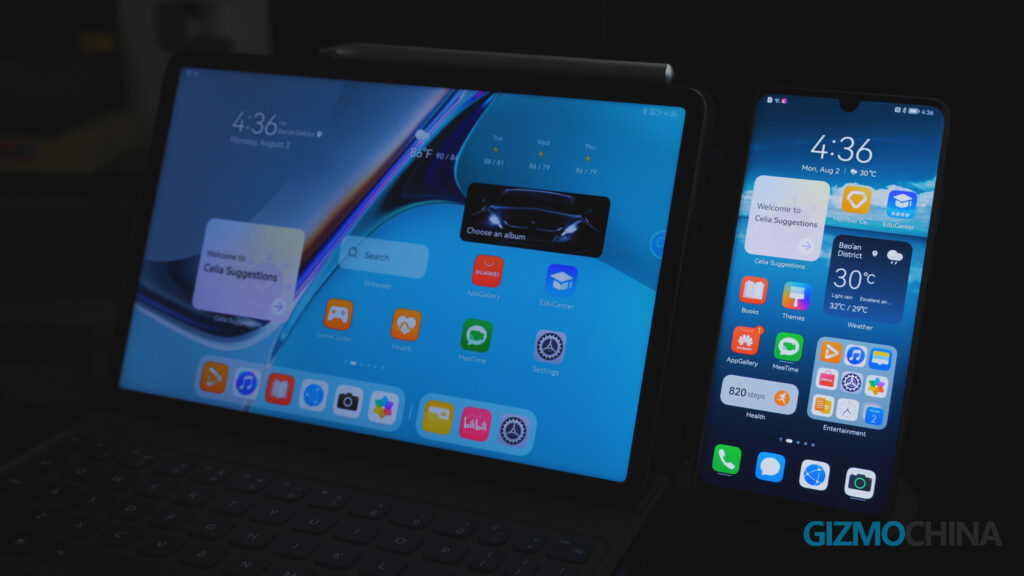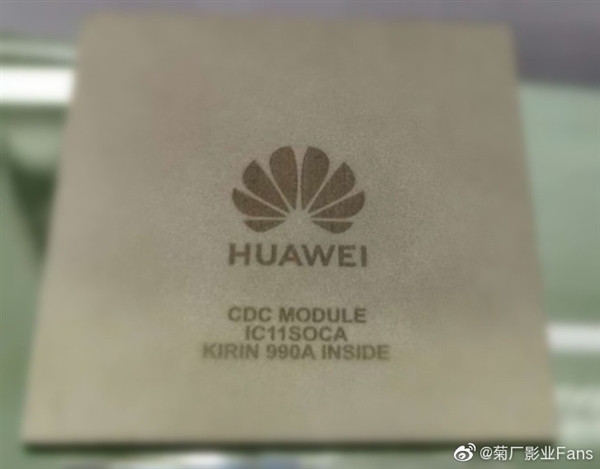Huawei will be focusing on both the HarmonyOS and openEuler operating systems at the same time. While the former will be used in smart terminals, IoT terminals, and industrial terminals, openEuler will be used in servers, edge computing, and cloud infrastructure.

Both the operating systems will also be open-source (via: Global Times), in an effort to increase adoption and solve the problem of China not having an OS of its own to use in basic technology, Huawei’s rotating chairman Eric Xu Zhijun told reporters at a roundtable interview on Friday.
The openEuler program was initially announced back in 2019 and Huawei is now gearing up for the launch of the new open-source openEuler OS today. The move is also a part of Huawei’s efforts to transform itself from a components manufacturer to that of a service provider amid the US ban.
“The transformation process is painful since it’s a transformation of the business model. But the good news is that we have gradually changed over,” Xu said, adding that the frequent reshuffle of its senior executives is an indicator of the difficulty of the process.

Huawei announced 11 new scenario-based solutions for customers spanning public services, transportation, banking, energy, and manufacturing, during the Huawei Connect 2021 on Friday. This showed its goal of “empowering digitalization” in every area with its ICT capabilities.
Peng Zhongyang, Huawei’s Board Member, President of the Enterprise Business Group, said that Huawei will continue to integrate ICT with real-life scenarios and processes and develop a new model of consulting, integration, and operational support.
Huawei Cloud was launched just four years ago and has already brought together more than 2.3 million developers, 14,000 consulting partners, and 6,000 technology partners, according to the company. It also made more than 4,500 services available in the Huawei marketplace.
In response to a question from Global Times, Huawei said its cloud unit is still suffering losses but that it is also growing rapidly. Thus, it has no plans to sell off its cloud business.
According to a Reuters report from Thursday, the Biden administration “will take further action against Huawei if necessary,” after some Republican lawmakers have pressed for more steps.
Huawei has not commented on this matter so far.

In response to the chips shortages problems, Xu confirmed that Huawei has got approval from the US to buy some low-end chips that serve its auto unit, while admitting that the US chip cut still poses great challenges for its smartphone businesses, making its 5G handsets unavailable in the market right now.
“We will strive to keep our smartphone businesses afloat,” he added.
The United States had last year cut off all access for Huawei to high-end chips, which analysts had called the toughest sanction towards a Chinese company.
RELATED:
- Huawei Watch Fit New is a slight refresh to the original, adds jump rope tracking
- Huawei’s Freelace Lite Wireless Earphones has an 18-hour battery life and costs ¥269 (~$42)
- Oppo pushes for advances in 5G with Ericsson to fill void left by Huawei
- Huawei ban likely to continue even under Biden’s rule







